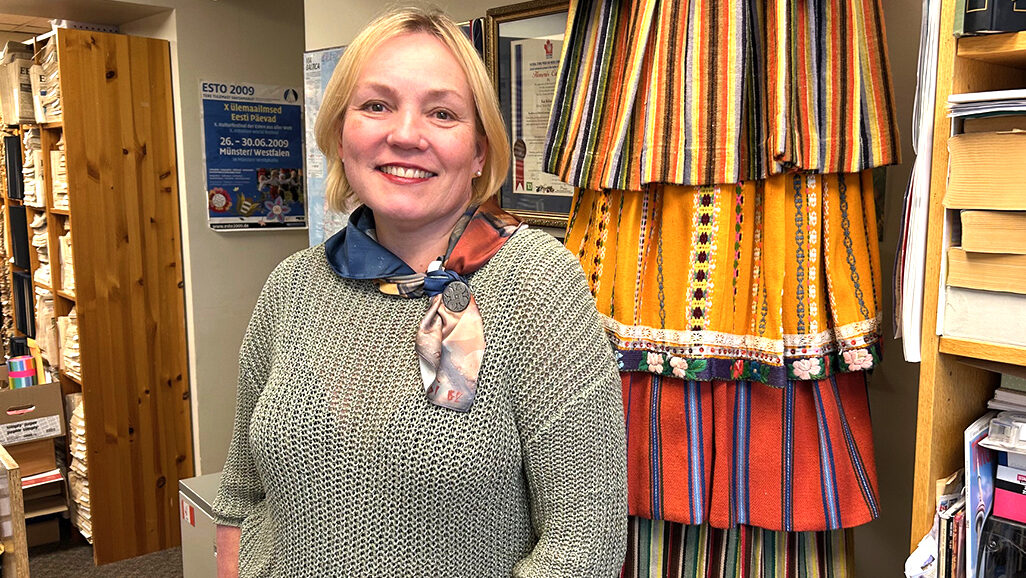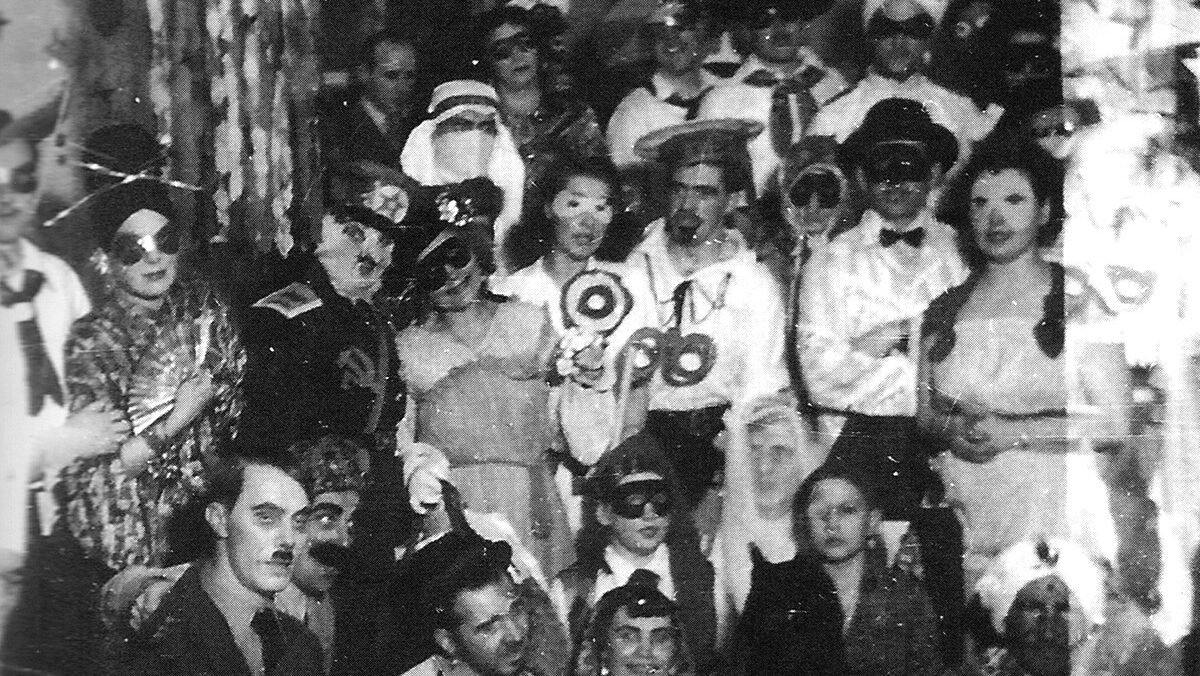This is what Norman Reintamm did as a young man when he moved to a still-occupied Estonia in the late 80s.
Readers of Eesti Elu will know about Reintamm's decorated career as a conductor and organist in Canada. He's conducted for the National Ballet of Canada, the Cathedral Bluffs Symphony Orchestra, and the Orpheus Choir of Toronto. But what does the path leading up to these achievements look like? Though he would laugh this off in humility, Reintamm's memories of working in Europe show ambition and are a source of guidance for anyone today who is contemplating new career opportunities, especially young artists who are interested in working abroad.
Before Reintamm made the move to Estonia, there weren't many places for him to pursue his dream of full-time operatic work outside of the Canadian Opera Company. After gaining experience through apprenticeships with the Vancouver Chamber Choir and Hamilton Philharmonic, he decided to write a letter to the Estonian National Opera, to see what might be possible. To his surprise, they sent a letter back, saying that they could offer him a position as an assistant and pianist in the company.
However, there were many challenges awaiting Reintamm. His father had concerns about the safety of living in Soviet-occupied Estonia. Then there was the language barrier: Reintamm could read through a copy of Vaba Eestlane, but his ability to speak and write in Estonian was “quite deficient.”
Even after becoming fluent, he had to be adaptable. Communicating with a Lithuanian professor at the Estonian Academy of Music required the use of Italian, as it was the only language they both understood.
From day one, he began what he calls a “crash course” in the Estonian language, living with relatives while working at the Estonian National Opera. Within a year or so of spoken immersion experience, he was speaking and writing fluently. No formal lessons. No study of noun cases. Just depending on the graciousness of locals as he tried his best. Even after becoming fluent, he had to be adaptable. Communicating with a Lithuanian professor at the Estonian Academy of Music required the use of Italian, as it was the only language they both understood.
Differences didn't just take the form of language, though. Throughout his time in Europe, until just after the millennium, he witnessed scenes of “10 to 90 year olds, screaming their lungs out at the end of a performance, or when somebody did a fabulous pirouette.”
Even social interactions were different. At one point, Reintamm was speaking with a member of the Estonian National Opera, working in the supplemental position of “fifth bassoon,” who asked what his plans were one evening. Reintamm told the company member about going on a date with a young choreographer, and this he did. The following morning, while talking about the previous evening, the member proceeded to tell Reintamm about exactly where the couple had gone throughout the evening and how long they were at each place. As it turned out, this individual was associated with the KGB, whose agents had been following Reintamm throughout the evening.
In these kinds of experiences and with the oppression of Soviet times on the whole, he believes there is a great deal to be remembered, so that history is not repeated.
However, despite the situation, music endured as a triumphant force. No memory accounts for this better than when Reintamm was conducting in January 1991, as Soviet tanks rolled into Vilnius and Riga, and there was fear of what danger might arrive in Tallinn. During one particular show, he turned around to face the audience and dedicated the performance to free Estonia, hoping that they would all make it through another day and that things would turn out for the better.
In this moment, what held him together was the power of the music and the audience. When he conducts especially moving pieces of music, like the last movement of Mahler's Symphony No. 2, he has a feeling of weightlessness, and can sense things around him becoming blurred. 15 minutes feel like a lifetime, and hundreds of musicians and audience members become one. He describes these moments as “communicating with God”, or like the state of nirvana.
Reintamm embraces risk and the testing of limits in music, including works like Stravinsky's The Rite of Spring, where intense focus is required. To be prepared for the job of conducting specifically, he considers it essential for conductors to have strong instrumental skills, particularly on the piano. If one doesn't have that, he argues that there will be difficulties in leading rehearsals, preparing individual soloists, and putting ideas together. For preparing him in this way as a young pianist, Reintamm gives thanks to his mentor Armas Maiste.
Reintamm advocates for things like playing tennis, going to the pub, spending time with friends, or, as he enjoys doing, teaching people how to fly small aircraft at Brantford Flight Centre. There are educational moments in all of these pursuits.
Reintamm espouses the benefits of going abroad, to get practical experience at somewhere like an opera house in Europe. Here, one may learn the rudiments of music and about working with people.
But there's more to achieving your goals than just following one track without deviations. Reintamm advocates for things like playing tennis, going to the pub, spending time with friends, or, as he enjoys doing, teaching people how to fly small aircraft at Brantford Flight Centre. There are educational moments in all of these pursuits.
Over the last two years, Reintamm has been taking a “gentle hiatus” from music. However, more recently, his wife Ingrid encouraged him to apply for a conducting position at the Georgian Bay Concert Choir, which felt just right to him. As a boy, he was a chorister at Christ's Church Cathedral in Hamilton, and so he says, “This is getting me back to my roots, with a fine choir in the [Georgian Triangle] area.” He's also been preparing for a recital that will take place at Organ Festival Canada 2021, organized by the Royal Canadian College of Organists.
Once again, he is back at the organ and piano, taking a leap into something new. Actions like these — when you continue learning, when you take chances, and when you connect with other people — always lead to something memorable.
This article was written by Vincent Teetsov as part of the Local Journalism Initiative.




